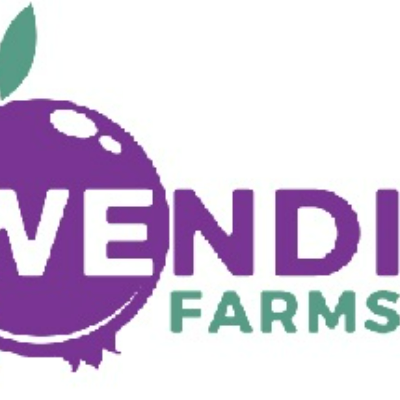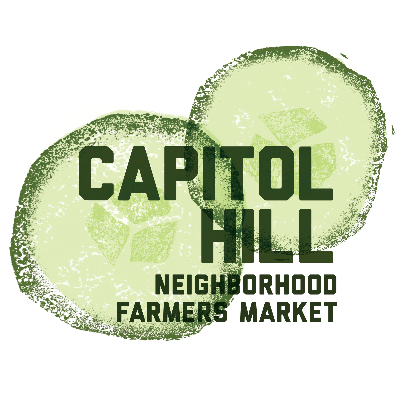Wendi Farms llc
Vendor
About
WENDI FARMS
When I was teenager, I had the opportunity to attend high school in America, where I lived with an American host family in Vermont.
Like my family, they also run a family farm, called “Larson Farm,” and I couldn’t help but notice that they shared some of the same struggles as my family did even though they weren’t farming coffee.
In Luganda, “wendi” means “I am here and ready to go.” As a child in Uganda, I got up with the sun every morning to pick coffee beans or pull weeds on my grandfather’s coffee farm. Every day before heading out to work the fields, we all drank tea—all of us, that is, except for my grandfather, who drank a mysterious syrupy drink that made him more upbeat and energetic.
After taking the last sip he would always say, “Wendi, sisimuka JJaajja muwanga eyakola ebirungi mu nsi eno, ebisobasobaganye ng’obugulu bweggongolo, wendi,” which means, “I am here and ready to go. I call upon all those who came before me and knew this drink to give me strength. Let’s get to work so everyone can taste it! My grandfather labored relentlessly just to keep eight acres of coffee barely economically viable, so we never understood why he would mortgage off a portion of the farm for someone else to harvest the coffee every time it was ready for harvest.
He was always selling it at a loss, while the buyer turned it around and made 80% more profit than we did, even though we were the ones putting in several months of intensive physical labor. We struggled to earn enough money just for basic life necessities like food and clothing, leaving very little money left for school tuition (public school isn’t paid for by taxes as it is in America). These are common struggles for many small family farmers in Uganda. Today, my cousin owns the farm and has replaced most of the coffee with vanilla, but like my grandfather, he also struggles to earn enough money. In his case, he has to sell the vanilla beans while they’re still green because he doesn’t have the money to spend on the necessary equipment to cure the pods and secure it from thieves. I have since gained my own farming experience as a small farmer in America, and my aim is to use what I’ve learned to help my family and friends back in Uganda, and to be the link that helps you obtain coffee and vanilla—products that can’t grow successfully in most of the U.S.—from small, family-owned farms in Uganda, giving your purchasing experience a local, family-friendly feel even though they are grown halfway across the globe. Wendi.
As I found out owning a blueberry farm here, access to market is not as easy. However, we are changing the business model and focus on Farmer’s Markets and soon value-added products from our farms. So, thank you so much for supporting Wendi Farms, we strive to get you quality products and a reasonable price.
Programs and Partners
Production Practices
Perennial Crops
In support of three pillars in sustainable farming, environmental health, social and economic equity, and economic profitability, Wendi Farms has evolved our business model to provide easy access to our products for local consumers by participating in Farmer’s Markets and You/We-pick. In addition, the typical conventional farm sprays approximately thirty-two different sprays per season whereas Wendi Farms uses only three to four sprays per season, using organic sprays when possible, with the exception of the sprays for weeds. When spraying specifically for weeds, we plan the timing to occur far in advance of the maturity of the blueberries. We manage this by spraying post-harvest in September and before spring blossom. Crop damage is a serious issue, and we plan to curb our use of bird bangers or propane cannons by erecting bird netting as a more humane and viable solution. In terms of economic equity, we pay our workers a livable wage and whenever possible Wendi Farms sells directly to the consumer. We use city water for irrigation, which is expensive and cuts into our profits significantly. On the other hand, WSDA considers the use of city water to significantly reduce the likelihood of introducing pathogens to the blueberries.



Around the web